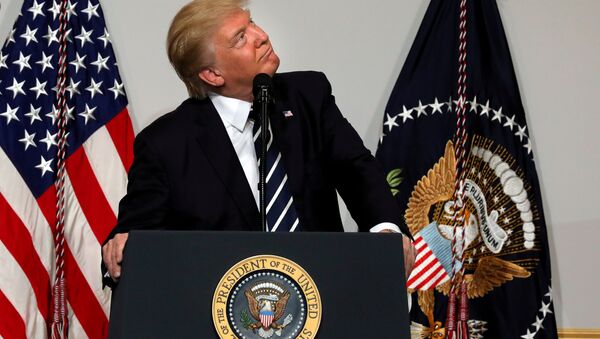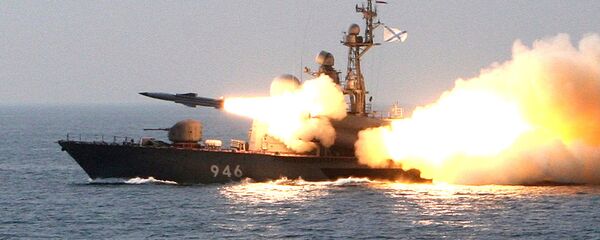Military force is meant to be used as a measure of last resort when all avenues of diplomacy fail, but at the moment, US foreign policy “is an unambiguously military-first endeavor,” writes Daniel Davis, a senior fellow at Defense Priorities.
Whether you look at the White House’s insistence that Russia stop backing Syrian President Bashar al-Assad, Assad’s alleged attacks on Syrian citizens or North Korea missile tests, Davis asks a chilling question: What will happen if US adversaries finally ignore Washington’s warnings?
US President Donald Trump will “be forced to show his threats are without substance, or – worse – he will be forced to escalate,” the veteran said.
Sending troops into Syria could threaten an unwanted regional war with Russia. Responding to North Korea’s Kim Jong-un with a tactical nuclear strike or missile barrage could lead to all out war between North Korea and Seoul, a key US ally. “If the South responded with an equivalent counter-strike,” the whole region “could spiral into a major war,” he added.
While Trump’s militaristic tendencies are largely inherited from the Bush and Obama years, the new president has done little to reverse the trend. Rather, the Trump administration has signaled “accelerating this trend,” Davis noted.
By cutting back on saber-rattling, ending needless provocations, and scrapping a base policy of “responding with military force anywhere and everywhere merely because the opportunity exists,” the US security environment would be made much more stable, he said.



